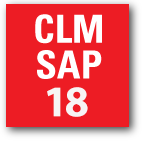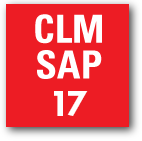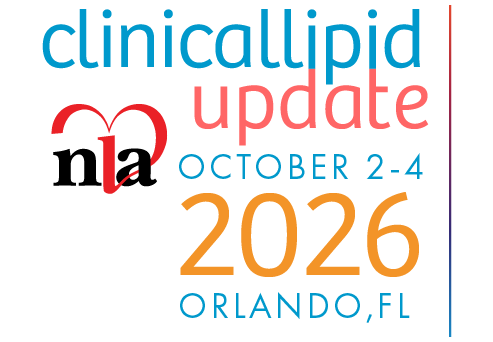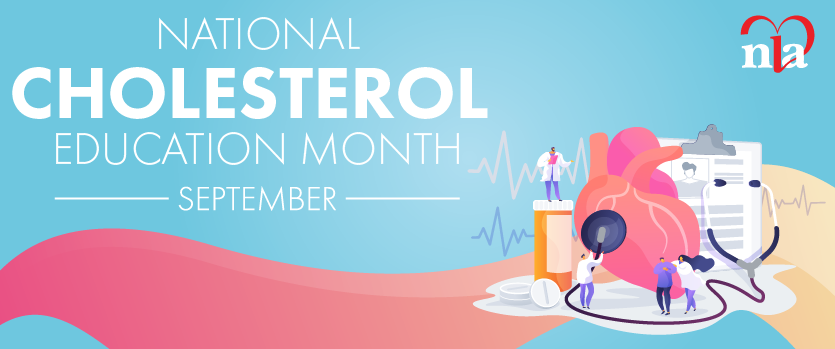
Complex Lipid Management Self-Assessment Programs & NLA Self-Study Modules
The Complex Lipid Management-Self-Assessment Program (CLM-SAP) and the NLA Self-Study Modules (NLA-SSM) provide problem-solving case-based questions that involve common pharmacological issues faced by lipid specialists. The NLA-SSM and CLM-SAP series, together with the NLA-SAP volumes, are the main preparatory mechanisms for the certifying examinations in Clinical Lipidology. Each Edition and online module offers CME/CE credit hours and is available to all active members free of charge.
 CLM-SAP 19: 2018 Guideline on the Management of Blood Cholesterol
CLM-SAP 19: 2018 Guideline on the Management of Blood Cholesterol
CLM-SAP 19 is an online self-assessment program that will objectively validate and enhance your knowledge of the 2018 ACC/AHA Multi-Society Guideline on the Management of Blood Cholesterol. Get real time feedback after each question, including a detailed critique and bibliographic references for further reading and receive a PDF copy of the program upon claiming CME/CE credit.
 CLM-SAP 18: Translational Science of the LDL Receptor
CLM-SAP 18: Translational Science of the LDL Receptor
This SAP is offered as part of the NLA’s Translational Science of the LDL-Receptor Core Curriculum Intensive Program, which provides a comprehensive, in-depth indoctrination to advanced lipid science. The program is designed to address knowledge, competence, and practice gaps in managing residual CVD risk related to high LDL-C, and to provide lipid specialists with improved proficiency on the functionality and clinical implications of the LDL-Receptor and the complexities of LDL metabolism and targets of therapy.
 CLM-SAP 17: Guidelines in Clinical Lipidology: Concepts and Controversies
CLM-SAP 17: Guidelines in Clinical Lipidology: Concepts and Controversies
Cardiovascular disease remains the leading cause of morbidity and mortality in the United States. In order to improve the quality of preventive therapies, clinical practice guidelines and recommendations related to lipid management to reduce atherosclerotic cardiovascular risk are routinely updated and released. As different approaches are advocated, clinicians should become familiar with all available guidelines and recommendations in order to implement an informed, evidence-based approach to patient care. This program will review similarities and differences among these important guidelines in order to reduce gaps in implementation of evidence-based therapies.
 CLM-SAP 16: Hypertriglyceridemia-Diagnosis, Pathophysiology, Clinical Significance and Treatment
CLM-SAP 16: Hypertriglyceridemia-Diagnosis, Pathophysiology, Clinical Significance and Treatment
Objectively validate and enhance your clinical knowledge of hypertriglyceridemia. Hypertriglyceridemia is associated with an increased risk of cardiovascular events and acute pancreatitis. The reduction in elevated levels of non-HDL-C, a marker of increased concentrations of circulating triglyceride-rich lipoproteins, is associated with reduced atherosclerotic cardiovascular risk. Similarly, a reduction in markedly elevated serum triglyceride levels decreases the risk of pancreatitis. This program provides strategies to integrate evidence-based medicine into daily practice in order to appropriately assess, manage, and treat patients with hypertriglyceridemia.
This page was last updated: Oct 25, 2019






.jpg)
.png)










